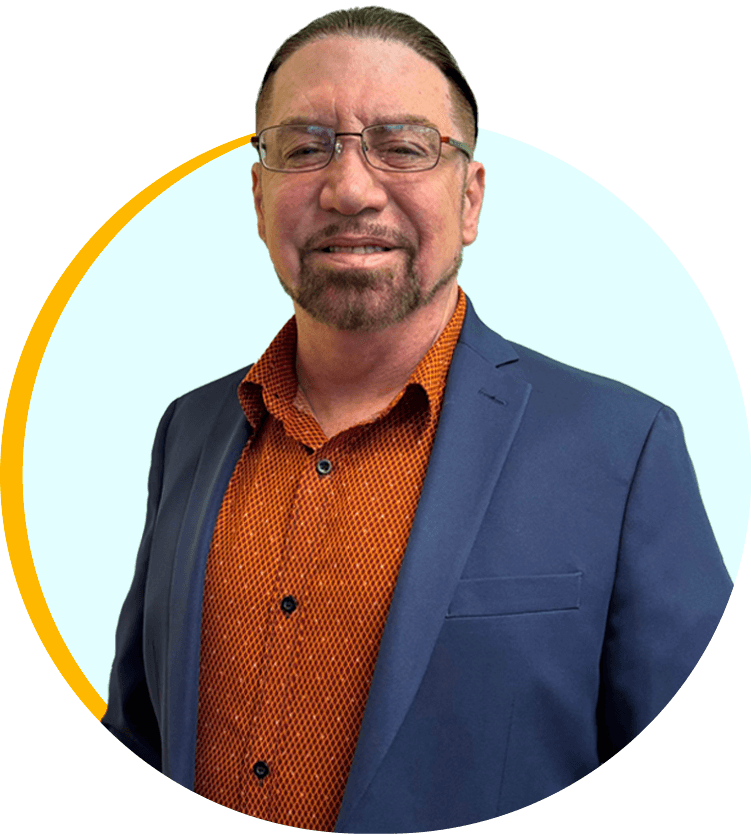If you have a loved one who’s struggling with drug or alcohol addiction, you may be considering an intervention. Here’s what you need to know about an addiction intervention.
Should You Do an Intervention?
In the past, addiction was perceived to be a personal fault; something that a person got themselves into due to poor life decisions. A person with addiction was looked down upon for being selfish, lazy or other bad qualities. Now, thanks to medical research, a lot more in known about drug and alcohol addiction. We now know that addictions are not the result of a person being “bad.” Rather, we know that addiction is an insidious disease that takes hold of a person and doesn’t let go. An addicted person may not even want to continue the addictive behavior, but because the addiction is so powerful, they are unable to stop it.
For these reasons, people have interventions for the ones they love. Interventions are often life-saving, and it is an act of love and consideration to have an intervention for a loved one who is struggling with alcohol and/or drug addiction. If you are thinking of holding an intervention for a loved one but still on the fence about it, consult with a professional interventionist for an objective opinion about whether it’s time for an intervention.
Who Should Participate in an Intervention?
In most cases, family members perform interventions for a fellow family member. However, that doesn’t mean that others outside the family must be discounted. Anyone who knows the person and who has a genuine desire for the health and well-being of that person can participate. This may include older children of the individual, parents, and grandparents, in-laws, spouse, ex-spouse, close neighbors, local religious leaders such as a pastor or priest, friends, co-workers, supervisors, fiancés and significant others. If you are the one organizing the intervention, it’s important, to be honest, but discreet about the intervention and careful about whom you reach out to participate. An intervention is an opportunity to help a cherished loved one, not a chance to shame them in front of others. Finally, it’s highly recommended to have a professional interventionist involved with the intervention. Such a professional can serve to moderate the intervention and help to keep everybody’s emotional levels in the right place. Professional interventionists are also usually trained in drug and alcohol intervention processes and can help educate friends and family members.
What’s the Immediate Goal of an Intervention?
It can be confusing as to what the immediate goal of the intervention is. You know you want to help the person, but you may not be sure how to do that. So just to be clear, all the participating members of an intervention should understand what the immediate goal is. That way, everybody is coming to the intervention with the same objective in mind. The immediate goal of any intervention is to assist the individual in entering a rehab program, preferably as an inpatient. This is really the optimal solution for a person who has been struggling with drug and/or alcohol addiction. The way that this encouragement to enter a rehabilitation facility is done is by impressing upon the person that the parties who are at the intervention are no longer willing to be part of their life unless they seek help through an appropriate rehabilitation program. This must all be done in a loving way, stressing that they no longer wish to enable or support the addictive behavior that is destroying that person’s life. If the intervention goes according to plan, the person will see how their addiction is affecting the lives of those around him or her, and not just the individual. This should motivate them to enter rehab immediately.
How to Have an Intervention
Every intervention is a little bit different depending on the circumstance. But in general, friends, family and/or community members gather on a particular day and time. Usually, there will also be a professional interventionist present who can facilitate the final objective, which is to help the person enter an in-patient rehabilitation program. The addict is invited to come over to the invention location, either at their home or another person’s home. The intervention should always happen at a private location, so private conversations can’t be overheard. When the person arrives, they are informed that it’s an intervention. Then each person takes turns explaining why they will no longer support the addict’s destructive lifestyle. At that point, the addict will either acquiesce or object. The interventionist can then help guide the addict toward a resolution of getting help.
An intervention is often the last step toward healing or destruction. Remember that you don’t have to wait until an addict hits rock bottom to hold an intervention. The sooner you act, the sooner the addict can break free from the chains that bind them. For more information about intervention services, please contact us at 1-866-692-0909.



